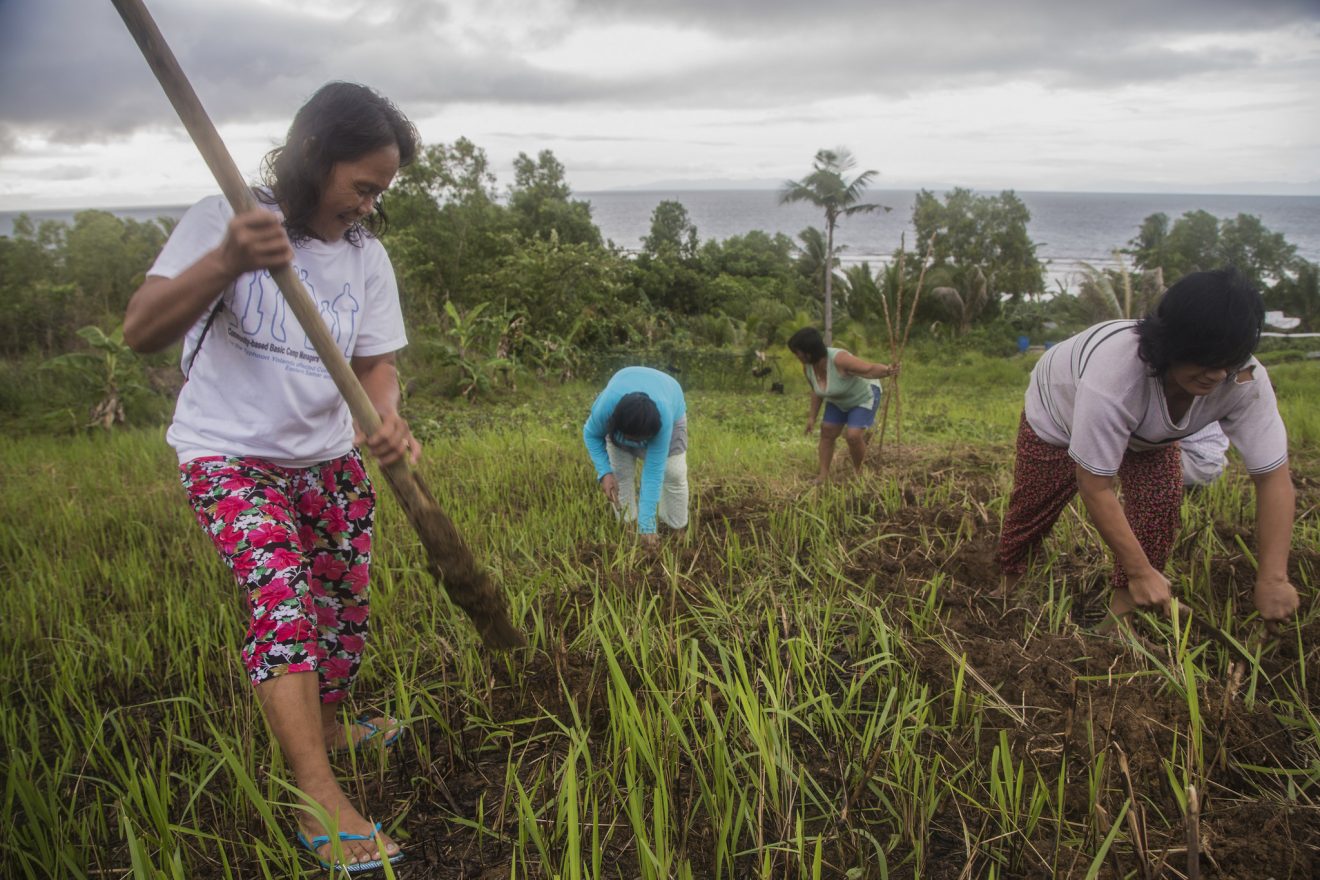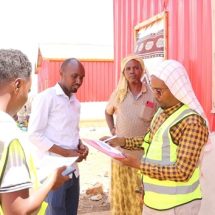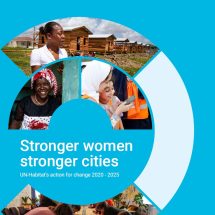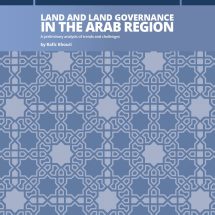In an upcoming publication, FAO, ILC, and UN-Habitat/GLTN consolidate existing evidence, demonstrating the vital role equitable access to and control over land has in achieving sustainable agri-food systems transformation. The publication pinpoints recommendations to contribute to a broader policy agenda for improving food security and agri-food systems transformation.
The number of people in the world affected by hunger increased in 2020 under the shadow of the COVID-19 pandemic. Between 720 and 811 million people in the world faced hunger in 2020. The Prevalence of Undernourishment (PoU) – after remaining virtually unchanged from 2014 to 2019 – increased from 8.4 percent to approximately 9.9 percent between 2019 and 2020.
These numbers are a reminder of the vulnerabilities related to our agri-food systems. They also recall to us the challenges and the intense pressures being placed on land when coupled with increasing demand for food due to population growth, urbanisation and shifting dietary preferences.
With land access and use forming the basis of any agri-food system, when tenure rights fail to comply with human rights and social, economic and environmental sustainability, agri-food systems may be compromised and lead to unsustainable patterns of food production and consumption, as well as the exclusion of vulnerable groups.
Tenure security facilitates production and enables food access, availability and affordability for the most vulnerable. Tenure security is a key component for building inclusive and efficient value-chains, markets and circular economies for more sustainable production and consumption patterns. Tenure security can boost nature positive production and agri-food systems. Equitable livelihoods and gender justice are greatly enhanced when access to land and security of tenure for women are stated in written and non-written norms, allowing for inclusive agri-food systems. Tenure security is a first layer for building resilience to vulnerabilities, shocks and stress within agri-food systems.
In order for tenure security to contribute to sustainable agri-food systems, the publication pinpoints the following recommendations:
1. Ensure equitable access to land in order to contribute to food security, poverty eradication and job generation
2. Strengthen tenure security, and in particular protect common and customary rights, for agri-food systems that are inclusive and sustainable
3. Invest in inclusive, transparent, viable and accessible land institutions
4. Ensure accountability and legally enforce responsible corporate practice in land and agri-food systems
5. Strengthen transparency and monitoring of land use, control and ownership
6. Recognize and protect land rights for women and youth
7. Recognize Indigenous Peoples and Local Communities tenure and property rights.
8. Develop institutional mechanisms that support the integration of policies, in particular policies for land and agri-food systems
9. Build more sustainable and equitable production models and agri-food systems












